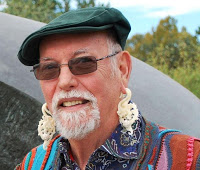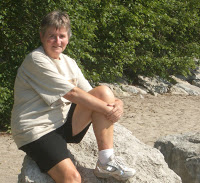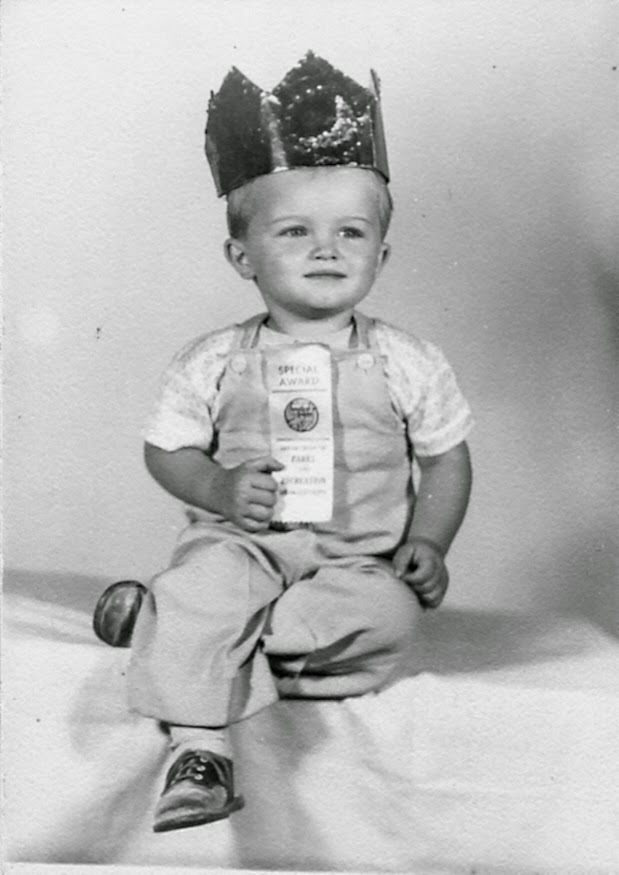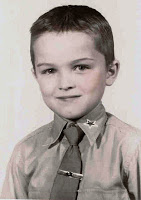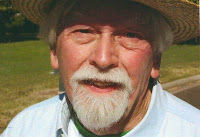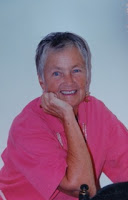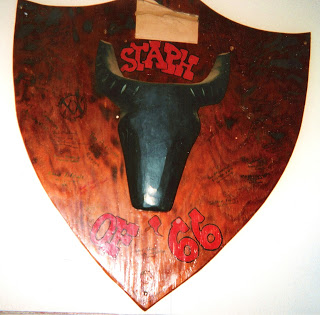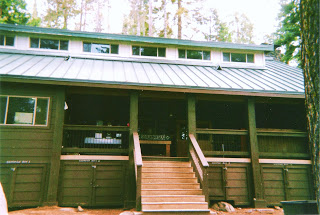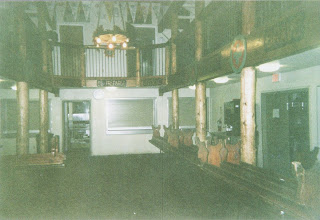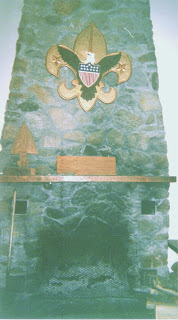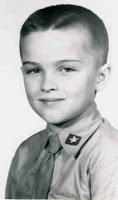When it comes to goofy, I suppose that all of us act goofy at various times and to varying degrees. If each of us were to document all of our goofiness and write it down, it would take up as many volumes as the 1911 Encyclopedia Britannica. Goofiness may become a problem only if it is extreme or if the number of goofs outweighs the more constructive behaviors. Sometimes, we become so used to our own goofiness that we fail to notice it. We become more aware of behavior and situations that appear to us to be goofy when they are from other people or from different cultures.
Speaking of different cultures, it used to be said in Britain, “The sun never sets on the empire.” I once saw in a movie a character of a patriotic teacher pointing to a large world map on the wall, and she said, “Here’s a pink bit. There’s a pink bit. See all those pink bits? That’s all ours.”
Well, it isn’t any more. Yet for years, patriots stubbornly clung to the illusion of empire long after the Victorian age, long after the devastating Great War. My being a Yank in the U.K., I saw much evidence of this fact when I was attending university there in years gone by.
Apparently, all universities and colleges harbored Oxbridge delusions, tattered remnants of traditions long outmoded. For example at dinner in our all-male dormitory, we were obliged to wear cap and gown. What for? Did doing so make us any more scholarly? Any more mature and well behaved? Well, I suppose that traditions might have their place, but I thought that this one was goofy because it did not.
In this country what we refer to as “RAs, dormitory residence assistants”, the Brits called “tutors.” One such tutor had, what we might call, a “special friend” who frequently was in his company. Their companionship was not unobserved among the students. All it took to reveal the lack of gravitas and decorum among the gown-clad scholars was for the tutor to enter the dining hall, to be pelted with buns, and be subjected to catcalls of “Batman, where’s Robin?” Those scholars could act goofy at the drop of a mortarboard cap.
The antiquated concept of social class remained ingrained in many people’s minds, including the college hierarchy. There was in the dining hall, what they called, “high table” which literally was built to be higher than the main floor where most of the groundlings sat. The dorm proctor there was called by the ominous title of “warden.” He always sat right in the center seat at high table. In descending order of importance on either side were any guests of rank, followed by a few selected students (who naturally felt obliged to show their deep appreciation for having been invited), next the tutors, then Miss Prem the resident nurse (yes, the dorm had a nurse, just like British public schools such as Eaton and Harrow), and finally the woman who ran the “buttery,” that is, the little shop of sundry supplies.
Of course, the residence porter, who carried luggage and whose tiny office guarded the dorm entrance, and the maids who made up our single rooms, never were invited. To have included them would have been terribly déclassé.
If any student received a cherished invitation to sit at high table, he soon found that the evening’s fare was of higher quality and greater variety than the that of the lower tables. If the students were eating cod, then high table was served better haddock. Those at high table afterwards walked with a sense of entitlement to a special room upstairs that was referred to as “The Senior Common Room.” Once inside, one was confronted with trays of fresh fruits and cheeses. And of course, any English gentleman would expect to have sherry on hand, and it was…in several varieties from sweet to dry.
I discovered why the Brits refer to dessert as “pudding.” It often was just that, pudding poured over a bit of sponge cake. And do you know why they called their sausages “bangers?” Their contents consisted of so much fat and grain filler, rather than meat, that the contents would expand when heated, and the natural casings would explode. At first, my being used to American food, I thought that they tasted like a combination of fat, dryer lint, and sawdust. By end of term, I actually looked forward to having them for breakfast because they were not too bad in contrast to some of the rest of the food served to the students. At times, I felt like Oliver Twist regarding Mr. Bumble at high table and wondering what he was being served. That’s why I occasionally made the trek to the nearby fish-and-chips shop or the Chinese restaurant for a welcome variety. I never did understand why the Brits were proud of their cooking; but, then again, I never did eat at a five-star restaurant in London.
To borrow a word that, over time, has become less shocking to Brits, everyone and everything was so bloody formal. When we attended lectures, we sat in 19th-century halls usually limited to the viewing by us Yanks when portrayed in period-piece films on “Masterpiece Theatre.” Seating consisted of ranks of increasingly elevated rows. The professor (or “don”) would arrive with only a curt “good afternoon,” formal in his cap and gown, walk in a dignified manner to a podium, grandly open a folder with his prepared lecture, and read it to the students in impeccable English. (Actually, it would be nice if American teachers would learn good grammar and diction in addition to their own subjects.) Then he would close his folder with finality and stroll out of the room without a further word. The don did not expect the students to ask questions or to engage in any dialogue whatsoever. So much for an exciting, motivating lecture session.
In retrospect, I recall one day when I must have appeared to be goofy because of my ignorance of English culture and terminology. One local lad invited me to “tea.” I did not understand that, at the time he designated, he meant “high tea,” that is, dinner. Had I known, I would have brought a small gift for his mother, as was traditional. I would have been more at ease and better prepared for table conversation. His father was absent, and I sensed that he had been lost during the war. I later realized why the student had invited me and also why he had been rather quiet and self-conscious during the dinner, which did not help my own unease. He was attracted to me. I wish I had known better how to have handled that situation. For some time afterwards, I did feel inept and goofy.
I recall looking out the window of the main common room to the street below and seeing preparations being made for some minor construction project, perhaps for patching a pothole. In the U.S., that would have been done in five minutes and the crew gone. Instead, I saw a couple of workmen set up a work shack to store supplies and to provide shelter should the infamously frequent English rain occur. To my bafflement, that shack and, at times, one man were there for several days without obvious evidence of progress. I did see on one occasion, however, the lone workman, wearing a threadbare, cheap black suit and vest, preparing a pot of tea. No wonder it took so long to get anything done.
I imagine that a good percentage of university students prefer to drink and to drink a great deal, whether or not it technically is illegal, as it is in the U.S. for underage students. Well, the scholars there certainly liked to do so during their off-time. They might be serious in their studies, but when they came back from the local pubs, they put a new light on goofy. It was quite a site for me to see two sloshed scholars, arm-in-arm, dancing an Irish jig around and around on the commons green, singing at the top of their lungs.
The first student whom I met and one of the most memorable for me was the fellow whose room was on the floor above me, Ian from Edinburgh, Scotland. He said that he was a descendant of Cromwell. I first met him when he came flying through the French doors from the upstairs balcony into my room and gave me a hardy, “Hello!” He had just climbed down the face of the building. He took for granted the fact that he was a natural acrobat and the most lean, limber person I ever have known. That must have attracted his round-faced, pudgy girlfriend (that seemed to be a typical appearance of many local girls), because they spent every weekend together in his room, and they kept busy the whole time. I guess that opposites do attract. Ian was shocked and dismayed when Gupta, the East Indian student, read his palms and declared that Ian already had used up his sex life. His palms did look terribly old and creased, which was in marked contrast to his otherwise boyish looks.
I suppose that, somehow, the students I met did spend enough time and effort to acquire their sought-after degrees and, perhaps, make something of their lives. They could be quite serious when they wanted to, but at other times, their behavior suddenly could change. My whole time in Britain and at college provided me with many memorable experiences. Some of them were significant. Other experiences were just plain goofy; and, in some ways, I must have fit right in.
© 11 January 2013
I have had a life-long fascination with people and their life stories. I also realize that, although my own life has not brought me particular fame or fortune, I too have had some noteworthy experiences and, at times, unusual ones. Since I joined this Story Time group, I have derived pleasure and satisfaction participating in the group. I do put some thought and effort into my stories, and I hope that you find them interesting.
